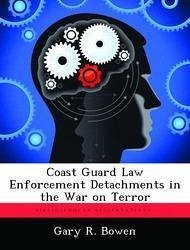
Coast Guard Law Enforcement Detachments in the War on Terror
Versandkostenfrei!
Versandfertig in über 4 Wochen
52,99 €
inkl. MwSt.
Weitere Ausgaben:

PAYBACK Punkte
26 °P sammeln!
This monograph explores the role of Coast Guard law enforcement detachments (LEDETs) abroad in the post-Cold War, post-9/11 strategic security environment. Drawing on the work of National Defense University and Thomas Barnett, the author finds that the globalization of economies and markets has become the driving force of the international system, as nationalism and bipolarity had been in earlier ages. While globalization promises a better life for the developing world, it also enables transnational crime and nonstate actors such as Al Qaeda. Therefore, ala Barnett and Robert Kaplan, globaliza...
This monograph explores the role of Coast Guard law enforcement detachments (LEDETs) abroad in the post-Cold War, post-9/11 strategic security environment. Drawing on the work of National Defense University and Thomas Barnett, the author finds that the globalization of economies and markets has become the driving force of the international system, as nationalism and bipolarity had been in earlier ages. While globalization promises a better life for the developing world, it also enables transnational crime and nonstate actors such as Al Qaeda. Therefore, ala Barnett and Robert Kaplan, globalization must be managed. Those who benefit from globalization must help to extend the rule of law into the developing world. Simultaneously, the end of the Cold War has reduced the state-based threats, especially in the realm of strategic nuclear forces. In general, these factors suggest the need to revamp and improve nontraditional national security instruments such as the Coast Guard. Since a safe, secure, and functional maritime domain is a necessary and enabling condition of globalization, then much of this work falls to maritime security forces. A variety of factors suggests that the U.S. Government should expand these efforts in maritime Southeast Asia: Indonesia is home to the world's largest Muslim population; the region also is home to several designated foreign terrorist organizations with links to Al Qaeda, including Jemmah Islamiya and the Abu Sayyaf Group; the Strait of Malacca and Indonesia on their own account for 33 percent of the world's piracy and armed robbery against ships; the Strait of Malacca is one of five strategic chokepoints on which the global economy depends; and finally, the area falls within the geographic responsibility of Joint Interagency Task Force West, an existing organization that could bring all elements of national power to bear on the problem. The author recommends the Coast Guard apply its experience from the Caribbean to push for an effe









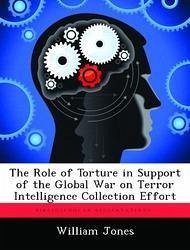
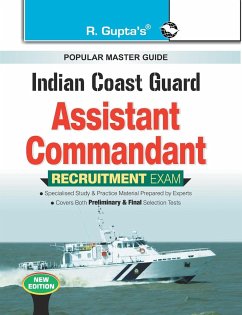
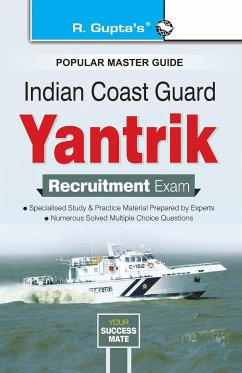
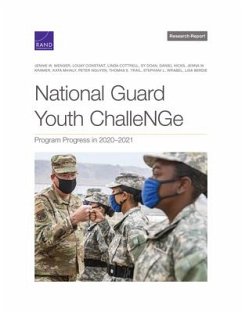
![Indian Coast Guard Navik GD Book 2023 (English Edition) - 1100 Solved Questions [20 Mock Tests (Section I and Section II)] with Free Access To Online Tests Cover Indian Coast Guard Navik GD Book 2023 (English Edition) - 1100 Solved Questions [20 Mock Tests (Section I and Section II)] with Free Access To Online Tests](https://bilder.buecher.de/produkte/67/67278/67278150n.jpg)
